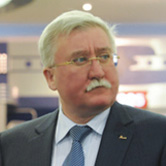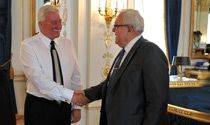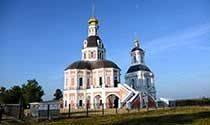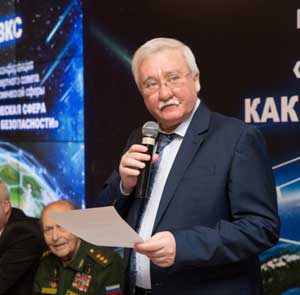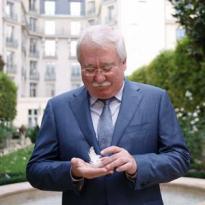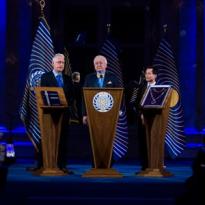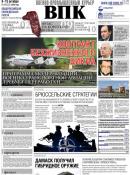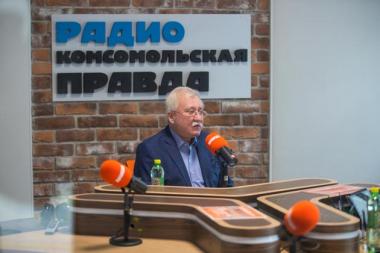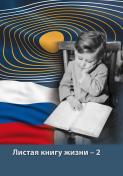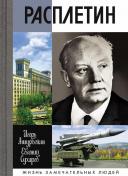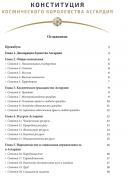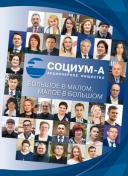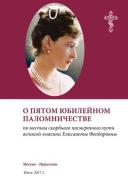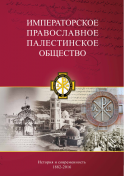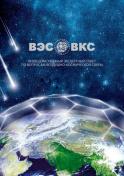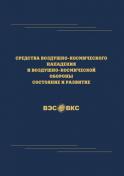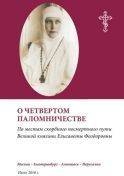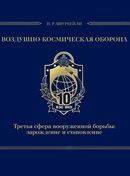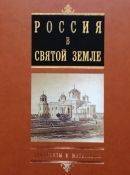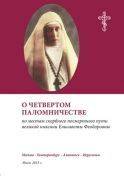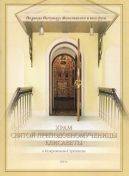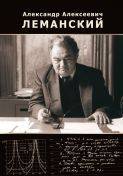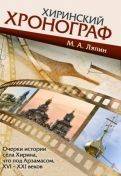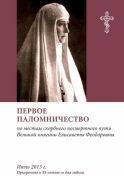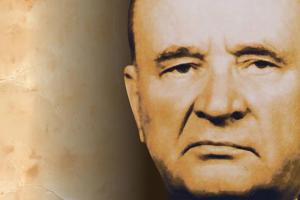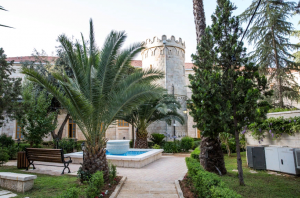Renovated Tsarist hostel reopens in Jerusalem
A Jerusalem hostel for Christian Orthodox pilgrims that became a symbol of imperial Russia’s presence in the Holy Land reopened Tuesday after six years of renovation work.
Israel handed the Sergei Courtyard in the city’s Russian Compound back to Moscow in 2008 after a long legal battle and an intervention by President Vladimir Putin.
The complex was funded by an uncle of Tsar Nicholas II and built in 1890 by the Imperial Orthodox Society of Palestine to house pilgrims. It became famous for its architecture, enclosed garden and a tower in one corner that resembles a chess rook.
On Tuesday, Russian diplomats and representatives of the Russian Orthodox Church took part in the reopening ceremony.
The newly refurbished space is a nine-acre complex of verdant gardens with two Renaissance-styled towers (that now house public bathrooms) and surrounded by a square of two-story stone buildings. That now includes a 22-room hotel, a library and museum detailing the Russian Compound’s rich history.
.jpg)
The courtyard and hostel were named for Grand Duke Sergei Alexandrovich, brother to Tsar Alexander III and president of the Orthodox Palestine Society, considered a scholarly organization.
Made from hewn stone shipped from Russia, the structures in Sergei’s Courtyard were known at the time as the most marvelous in the city.
They were constructed as part of the 17-acre Russian Compound, a complex next to Jerusalem’s City Hall that included a church, consulate, hospital and hostels.
The construction for the Russian Compound was a massive undertaking at the time, with building materials and furniture shipped from Russia. The buildings were constructed in the Renaissance style, with massive wooden doors, paned windows and high ceilings. Most of the structures included inner courtyards with stables, chicken coops, water wells and laundries.
The heart of the Russian Compound was the Sergei Courtyard, an urban gem housing exclusive lodgings for rich pilgrims, royalty and dignitaries.
With the outbreak of the Russian Revolution in 1917, the compound’s priests and staff were expelled and the Turkish soldiers of the Ottoman Empire occupied it.
Meanwhile, Russian pilgrims stopped arriving in Israel and there was no money to maintain the area. It was later rented to the British authorities, which used it as a center of government administration, turning one of the hostels into a central prison.
.jpg)
The Israeli government purchased the compound’s land in the 1960s, and it eventually became a center of Jerusalem nightlife, with popular bars and restaurants named Sergei and Glasnost, and frequented by the city’s students and younger residents.
Sergei’s Courtyard was used for years as a rundown office site of the Agriculture Ministry; Moshe Dayan reportedly had his offices there during a brief stint as the agriculture minister. The Society for the Protection of Nature in Israel and the Parks and Nature Authority both had their Jerusalem offices in Sergei’s Courtyard until 2012 and held gatherings and environmental programs around the gardens and fishponds.
In 2008, then prime minister Ehud Olmert decided to offer Sergei’s Courtyard as “reconciliation gift” to Russia.The two countries had clashed over Moscow’s interest in selling weapons to Syria and Iran, and its resistance to increased nuclear sanctions against Tehran. The move, however, was sharply protested by some in the Israeli government who didn’t like the idea of giving up parts of Jerusalem for geopolitical reasons.
The site has been carefully restored, down to the large, sashed windows of the two-story buildings surrounding the courtyard, and the dining room, a grand space replete with crystal chandeliers and muraled ceilings featuring Jesus and his disciples.
The refurbished hotel recalls the style of the original hostel, with flocked wallpaper and heavy wooden furniture, the walls decorated with scenes of Russia.
Russian mystic and courtier of Tsar Nicholas II, Grigori Rasputin is thought to have stayed at the hostel, Israeli public television reported.
He is said to have made a pilgrimage of contrition after a scandal involving a Russian ballerina.
timesofisrael.com by Jessica Steinberg and AFP. Автор фото: Александр Омельянчук
